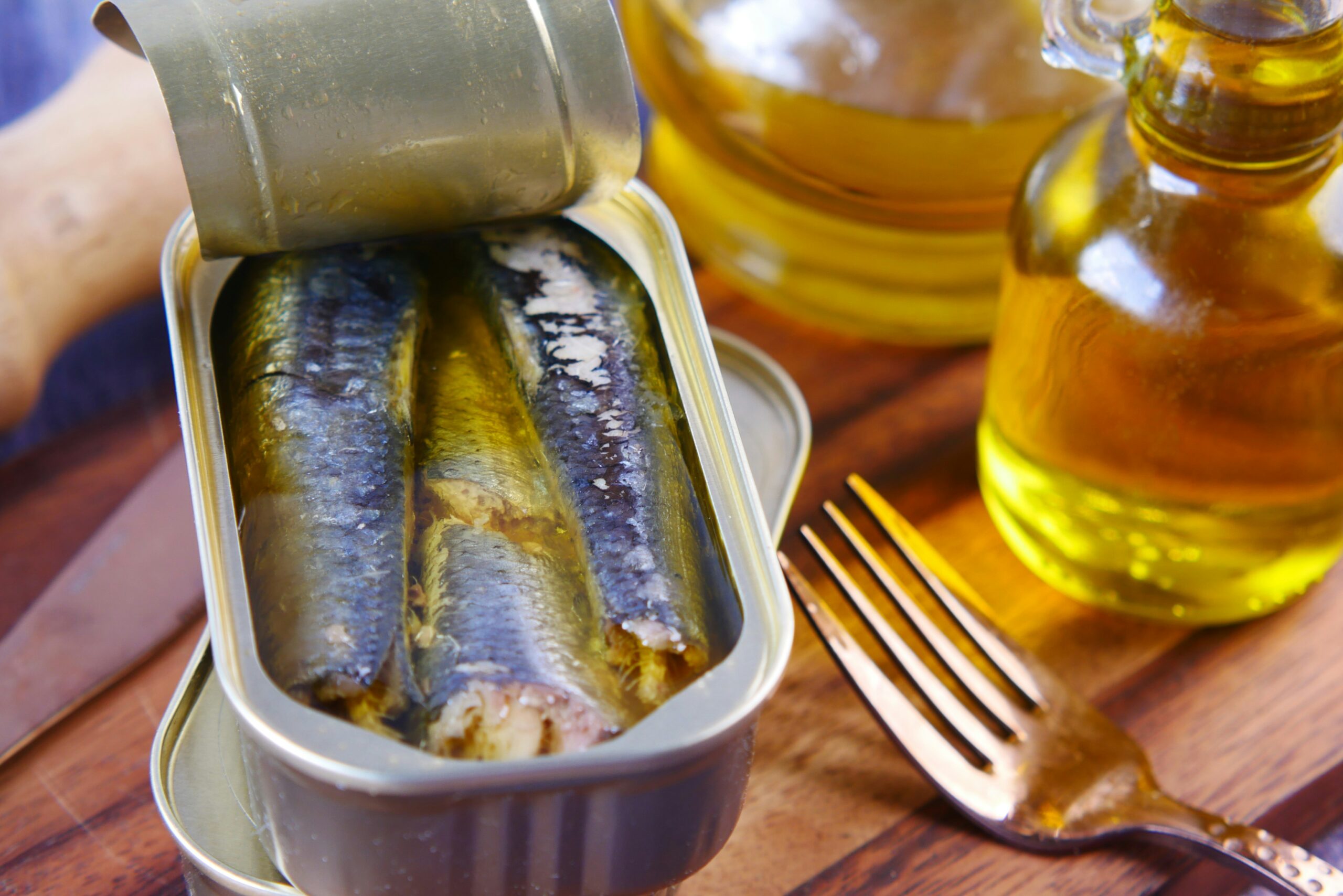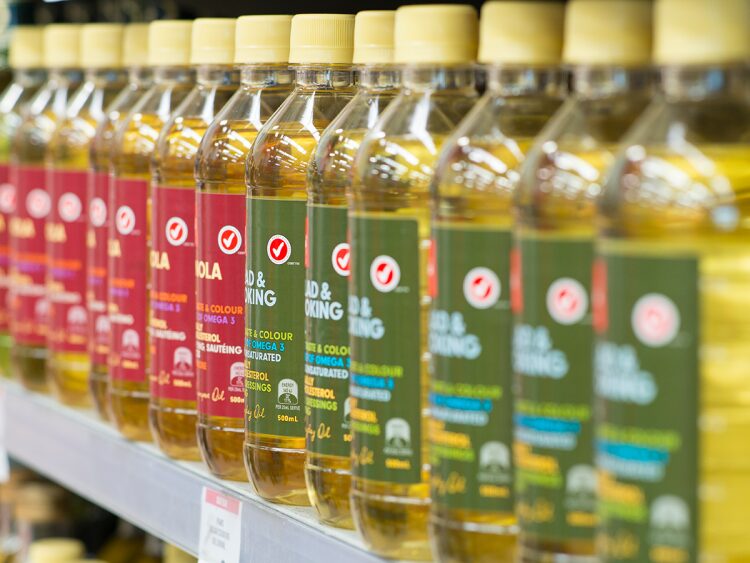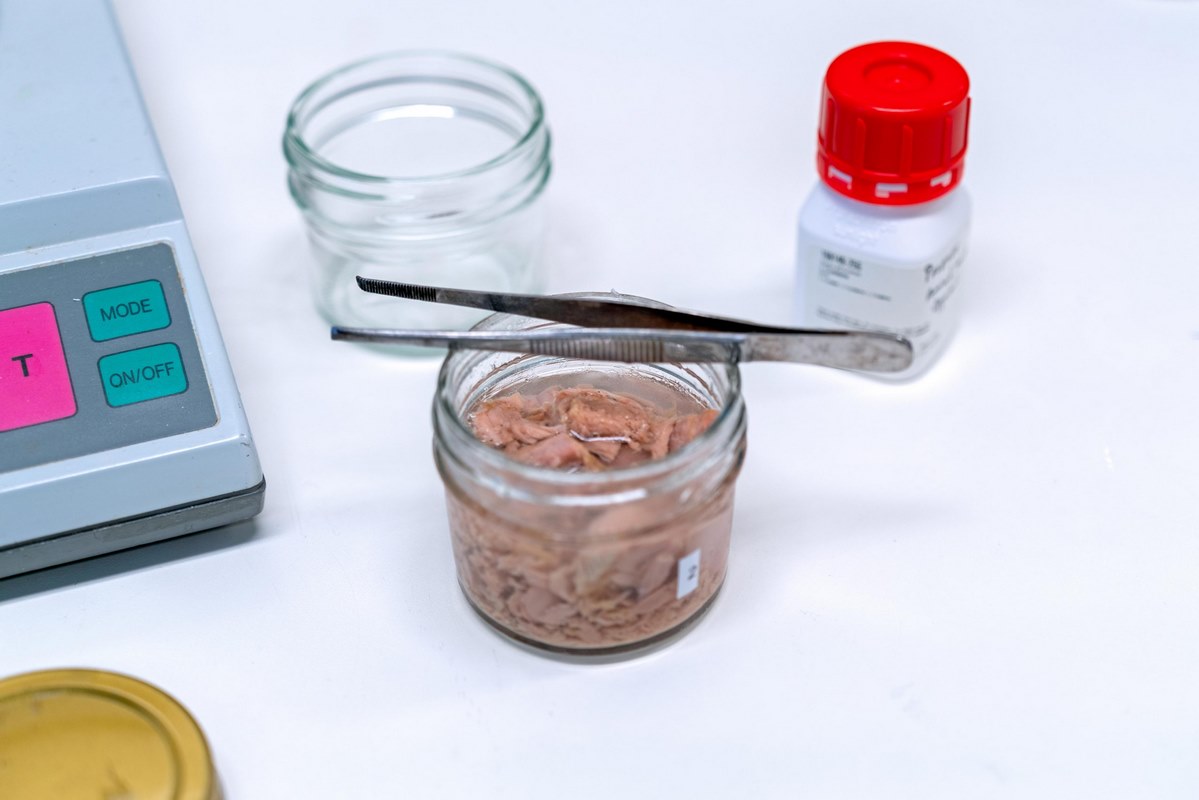While many countries around the world shelter in place waiting for a vaccine to be developed that can end the COVID-19 pandemic, a body of researchers are suggesting that if the scientific community only took research on certain plant compounds a little farther, widespread effective treatments could be developed long before a vaccine could pass human trials.
These include flavonoids and other compounds collectively known as polyphenols, and contain impressive elements such as quercetin, luteolin, fisetin, curcumin, and resveratrol.
Gaining a lot of popularity as an anti-aging supplement, resveratrol is a powerful antioxidant that also helps suppress pro-inflammatory compounds like IL-6 and TNF-alpha, compounds that are associated in increased amounts with diseases, the latter of which in every disease known to man.
This was demonstrated in a study where healthy individuals were given a 6-week course of 40mg of resveratrol derived from the extract of a plant called Japanese knotweed.
Now, resveratrol, a compound present in most plants that is expressed when they experience stress, is being looked at as a potential ameliorator of viral infections including seasonal influenza and COVID-19.
Resveratrol is found in the skin and stems of plants, and famously can be found in trace amounts in red wine due to the stress put on the plants during the winemaking process.
Anti-aging and antiviral
One of the principle ways resveratrol influences longevity is by acting as a mimic for the effects of calorie restriction on sirtuin activation.
A study in Nature reports a finding in yeast cells that showed, “resveratrol mimics calorie restriction by stimulating sirtuin-2, increasing DNA stability and extending lifespan by 70%”.
Now being examined as a potential co-factor in a possible COVID-19 treatment, one can see other ways in which resveratrol can help extend lifespan.
Its main antiviral mechanisms were seen to be elicited through inhibition of viral protein synthesis, inhibition of various transcription and signaling pathways, and inhibition of viral related gene expressions — in other words it makes it harder for viral cells to live, being that viruses hijack our own cells’ reproductive and regenerative functions for their own nefarious purposes.
One exhaustive study looked to pair plant phytochemicals like flavonoids with the now FDA-approved hydroxychloroquine as a way to stop the docking mechanism of COVID-19. Resveratrol was examined as it has been found to inhibit one of COVID’s corona-cousins: MERS.
Resveratrol was also found to ameliorate other virus like pseudorabies and HIV-1.
The study found resveratrol to have moderate success, with luteolin, kaempferol, and quercetin having the largest success. These are all polyphenols or flavonoids that are found in fruits but mostly vegetables, with quercetin being one of the most commonly-consumed polyphenols in society.
Dietary sources of COVID-fighting flavonoids
Unfortunately resveratrol is difficult to consume through the diet. It has poor oral-bioavailability and despite what your bartender tells you about its presence in red wine, you’d die of alcohol poisoning before getting any beneficial amount of resveratrol from drinking.
In reality a supplement is what’s needed, stored in a cold dark environment, and taken with a meal with a moderate amount of fat. Many studies on the beneficial effects of resveratrol have used resveratrol taken from Japanese knotweed, and those looking to follow the science to the letter would seek a knotweed supplement.
Quercetin, which was shown to disrupt the docking systems of SARS-CoV-1 and 2, is found most richly in capers, but also in a variety of vegetables like the leaves of cilantro, radish, and fennel, but also dill, red onion and watercress.
Luteolin demonstrates antiviral effects on SARS CoV-1, which was declared a pandemic in China back in 2003, and can be found according to one literature review in carrots, peppers, celery, olive oil, peppermint, thyme, rosemary and oregano.
Kaempferol has shown antiviral properties against influenzas before, and while no one is likely to get the richest source of kaempferol (the leaves of the ficus benjamina), raw arugula, saffron, and kale are all heavy carriers of the flavonoid, but like quercetin, raw and canned capers are 3-5 times richer in the flavonoid than the formerly mentioned greens.



